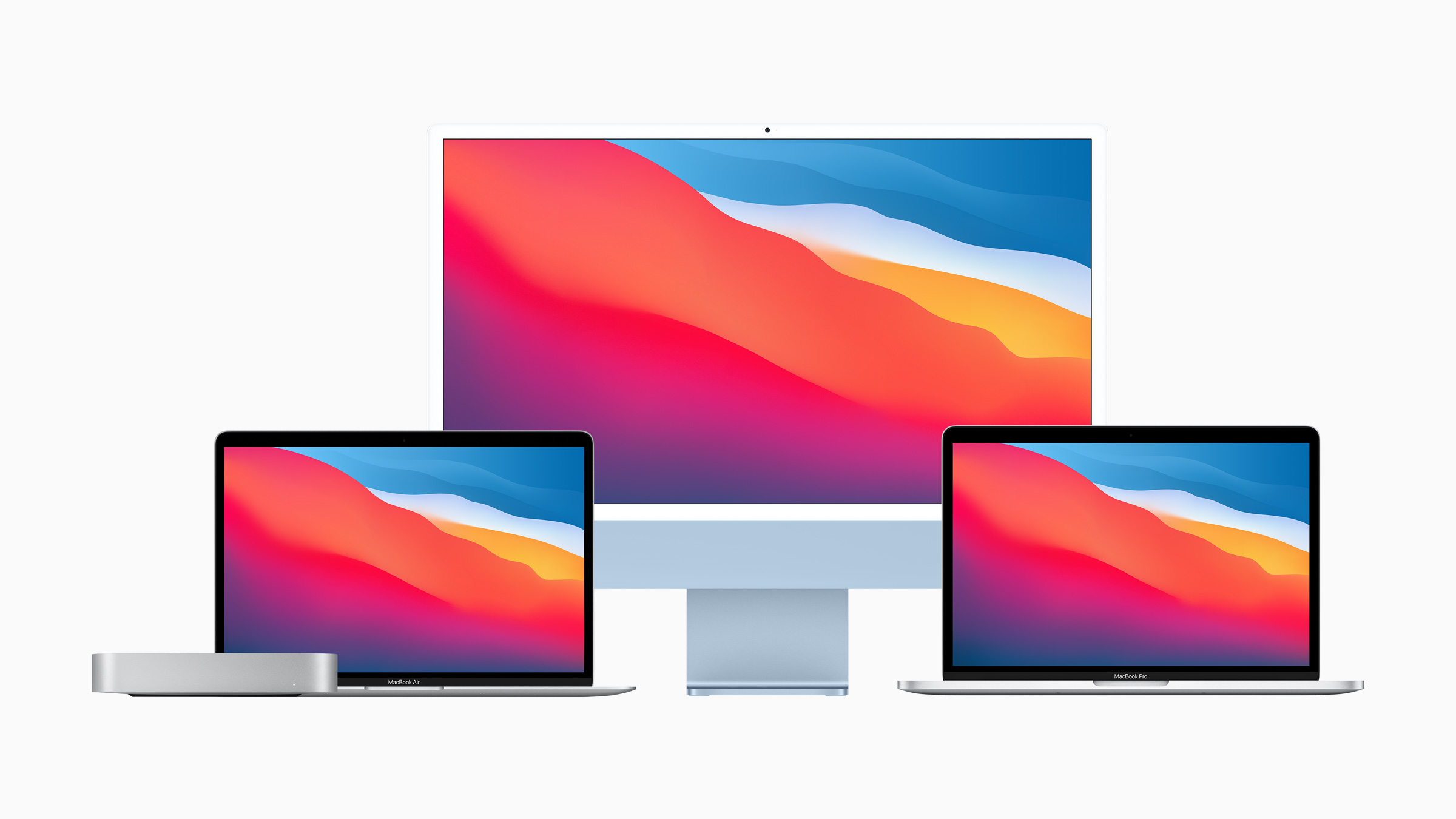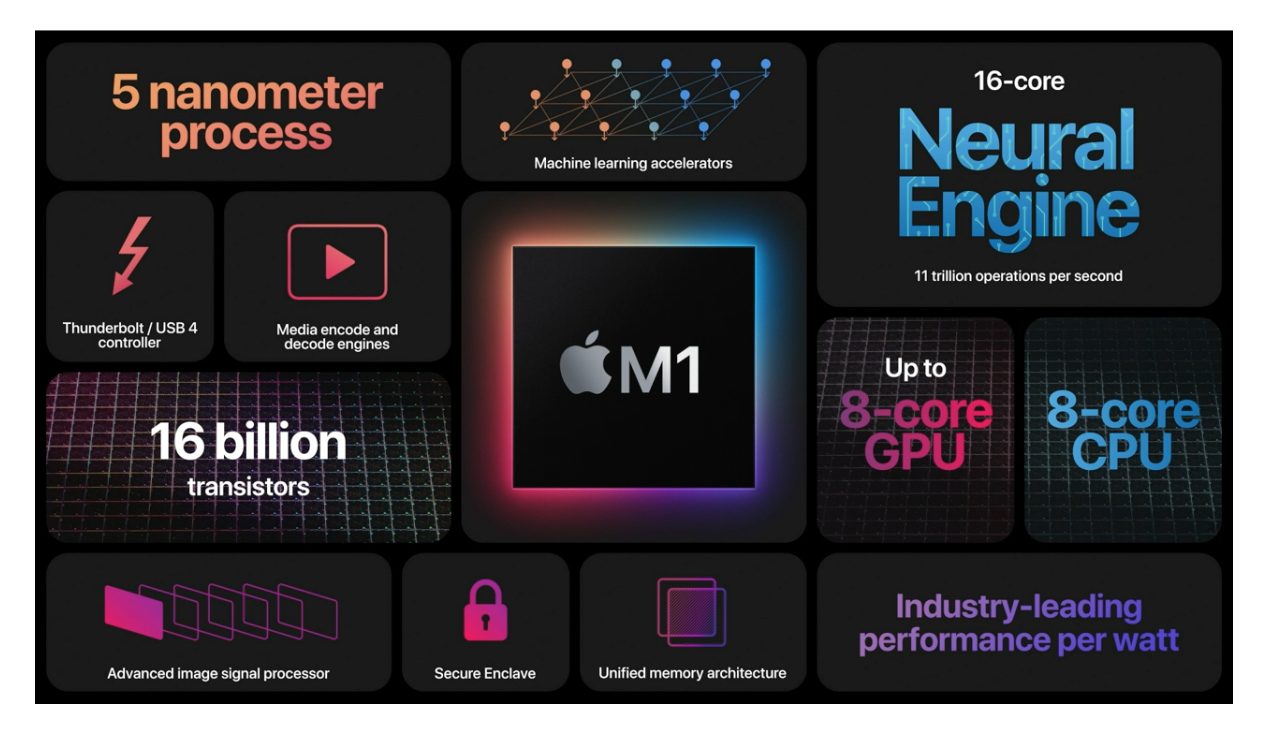DigiTimes reports that in 2022, Intel’s notebook processor market share will face a “record low” drop because of Apple’s transition to custom-built Silicon, M1 chip.
Last year, at the WWDC20 event, Apple announced the transition from Intel processors to Apple Silicon for Macs. In November, the company launched three new Mac models powered by M1 chip: MacBook Air, MacBook Pro, and Mac mini. In April, this year, the Cupertino tech giant launched 24-inch M1 iMac and surprisingly, M1 iPad Pro models.

Apple transition to M1 chip will result in record low sales of Intel notebook processors by next year
Aware of Apple Silicon’s impact on its sales, Intel has been taking a jab at new M1 Mac models in ads, calling them bad gaming machines, launching a website to convince users PCs are better than M1 Macs and more. But that has not affected the Cupertino tech company, during the company’s virtual ‘Spring Loaded’ event, CEO Tim Cook told its M1 Macs were selling more than Intel-based models. And now, DigiTimes paid wall report viewed by MacRumors states that;
Intel may see its notebook processor market share drop to a record low in 2022, according to market sources.
However, Apple’s in-house developed Arm-based processor series is expected to play the key role in taking a major chunk from Intel’s share in the upcoming year, the sources said.
Intel is expected to lose nearly 50% of its orders from Apple in 2021 and will eventually obtain no orders from the client. Losing Apple’s 10% market share and seeing AMD staying firmly with another 10%, Intel’s share in the notebook market is likely to slip below 80% in 2023, the sources noted.

M1 chip has outperformed existing processors in the market. With its incredible performance, reduced thermal throttling, and revolutionary battery life, M1 Silicon is delivering a great user experience and inherently, is raising the bar for all computer manufactures.
Read More:
- macOS Monterey features like Live Text do not work on Intel Macs
- Dolphin Emulator for M1 Macs provides twice the performance than Intel Macs
- After mocking Apple, Intel is now using a MacBook to advertise its Tiger Lake processors
- M1 chip is faster than Intel because of improved task scheduling in macOS
- Intel responds to M1 chip’s performance with cherry picked benchmarks
- Procreate gains support for M1 iPad Pro with 4x faster performance with more layers
1 comment
Comments are closed.